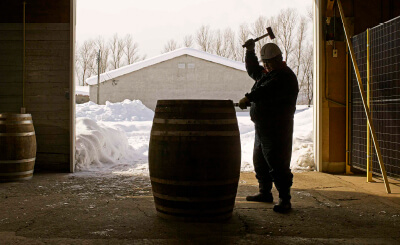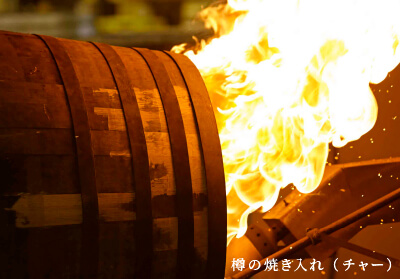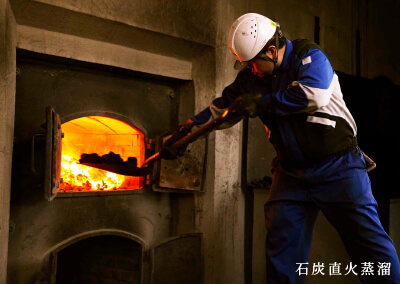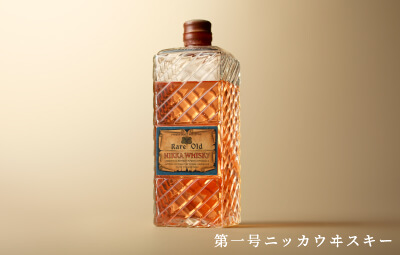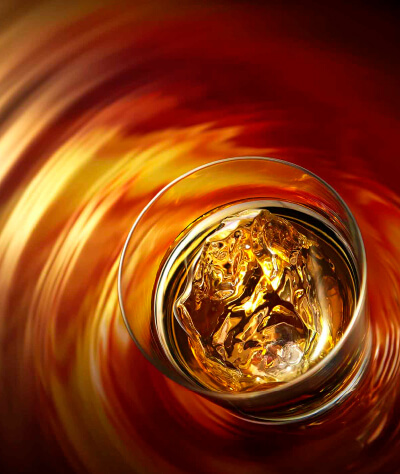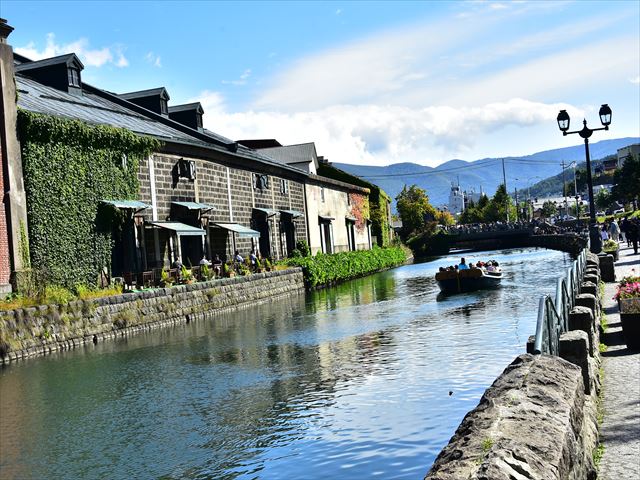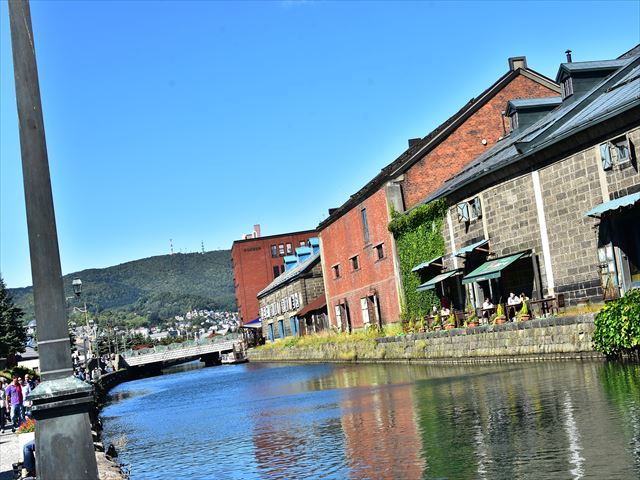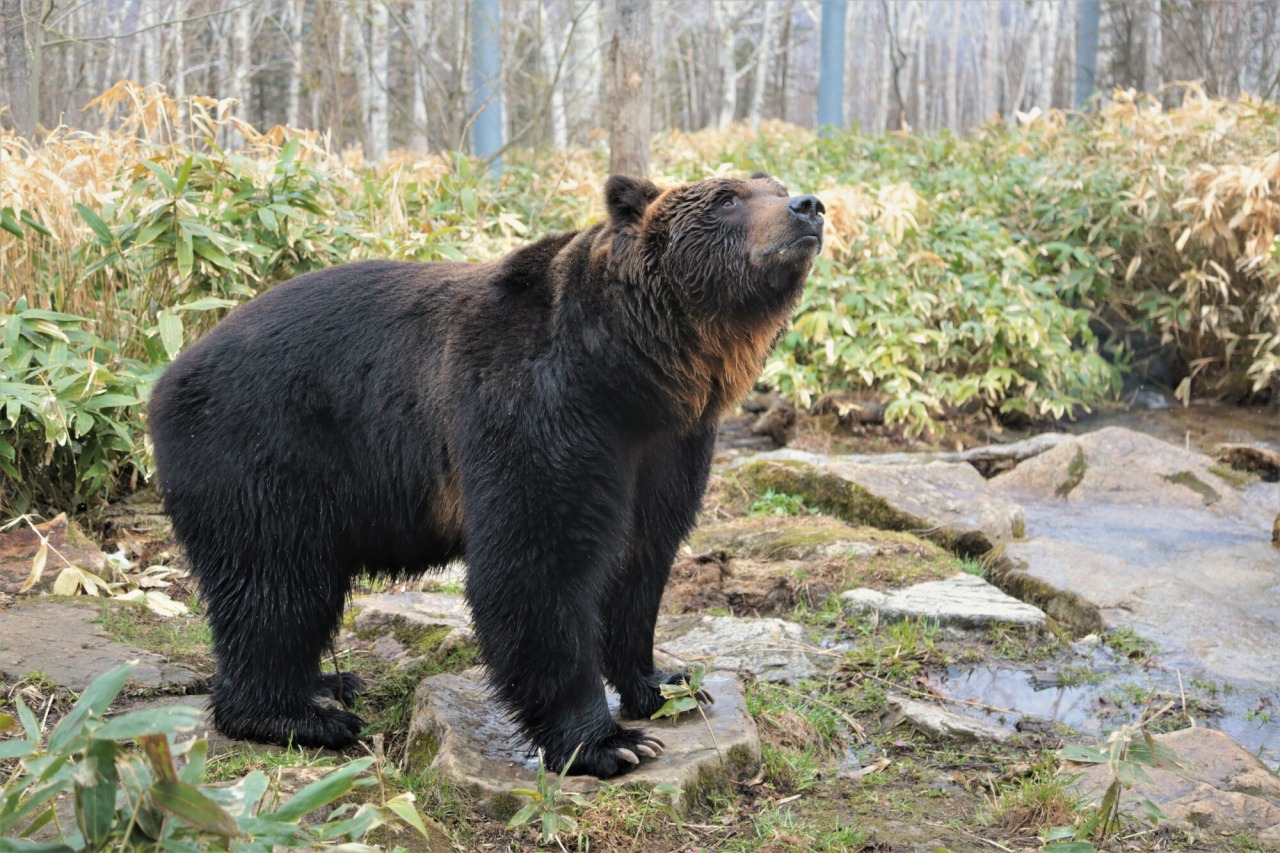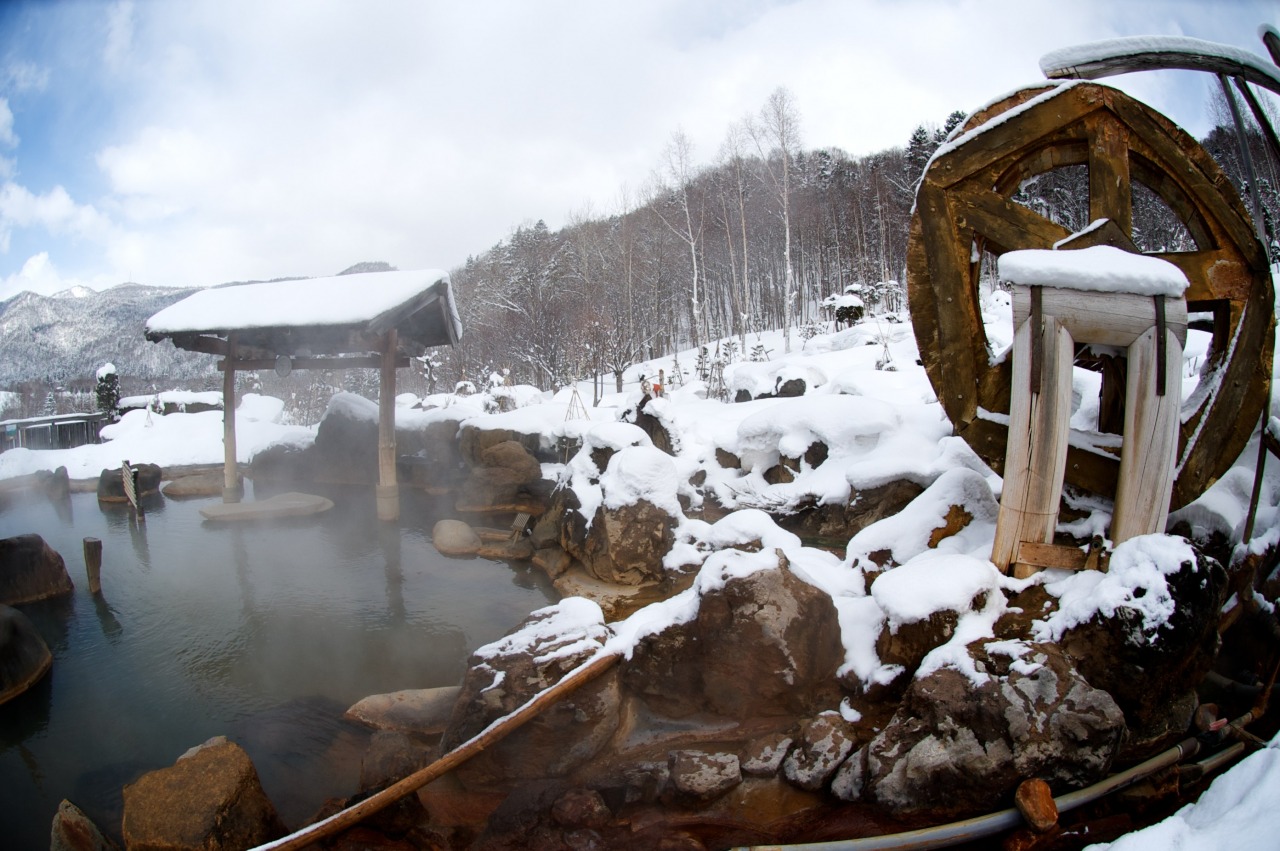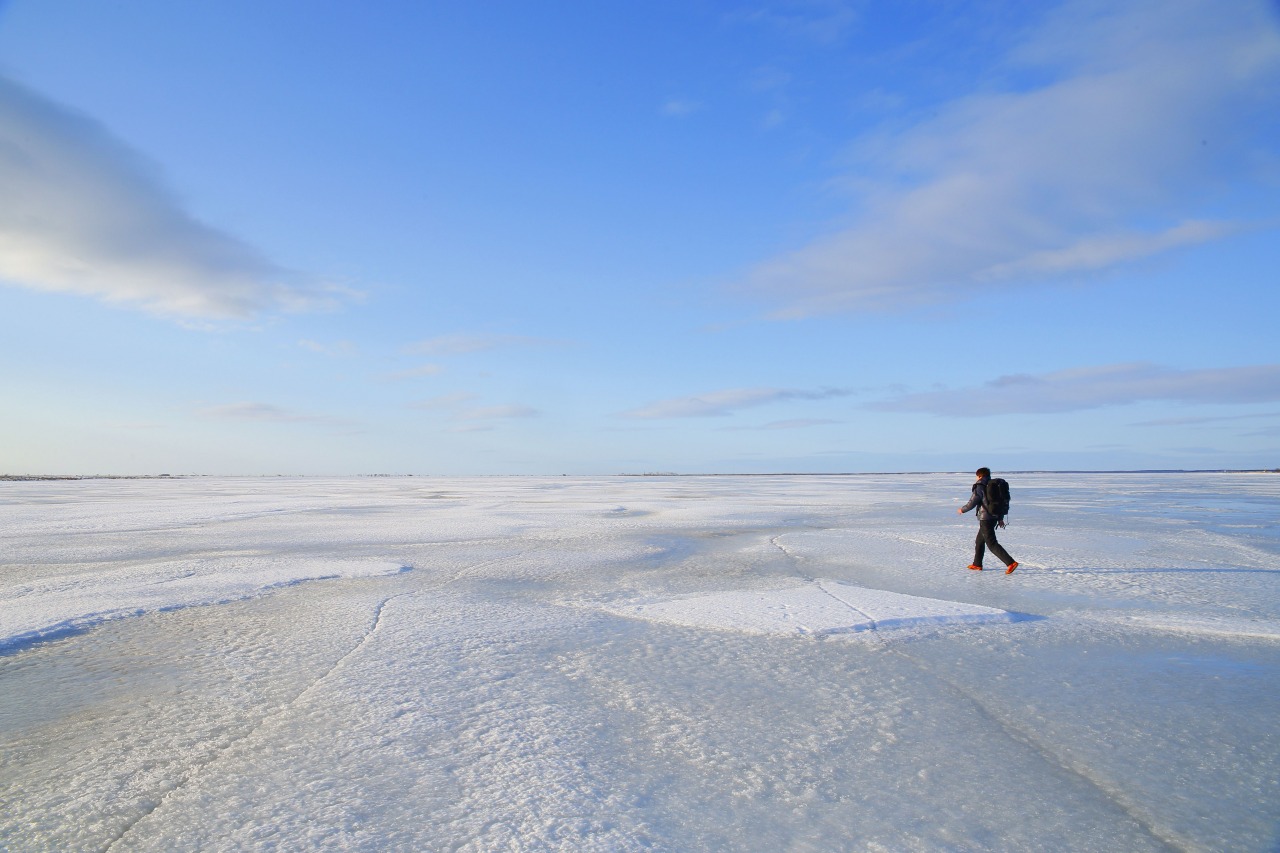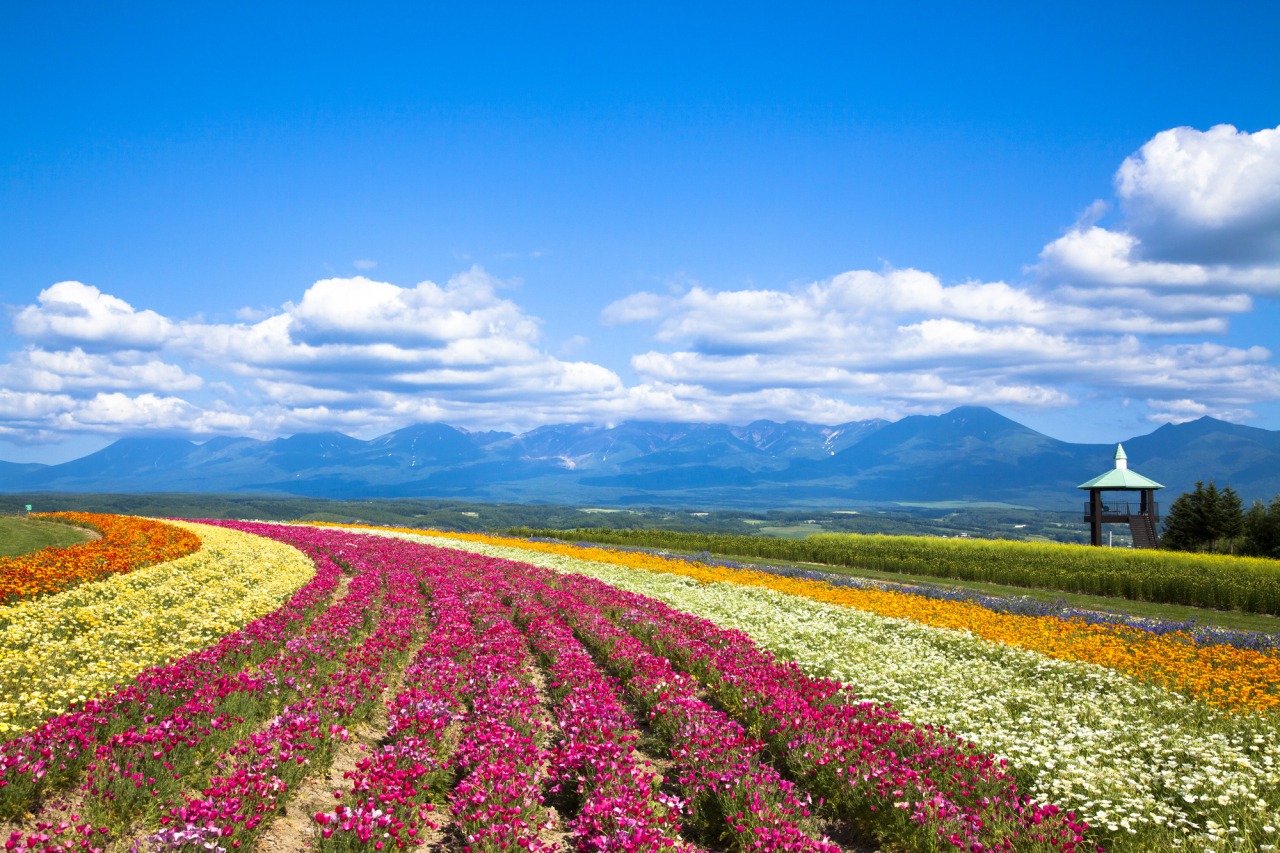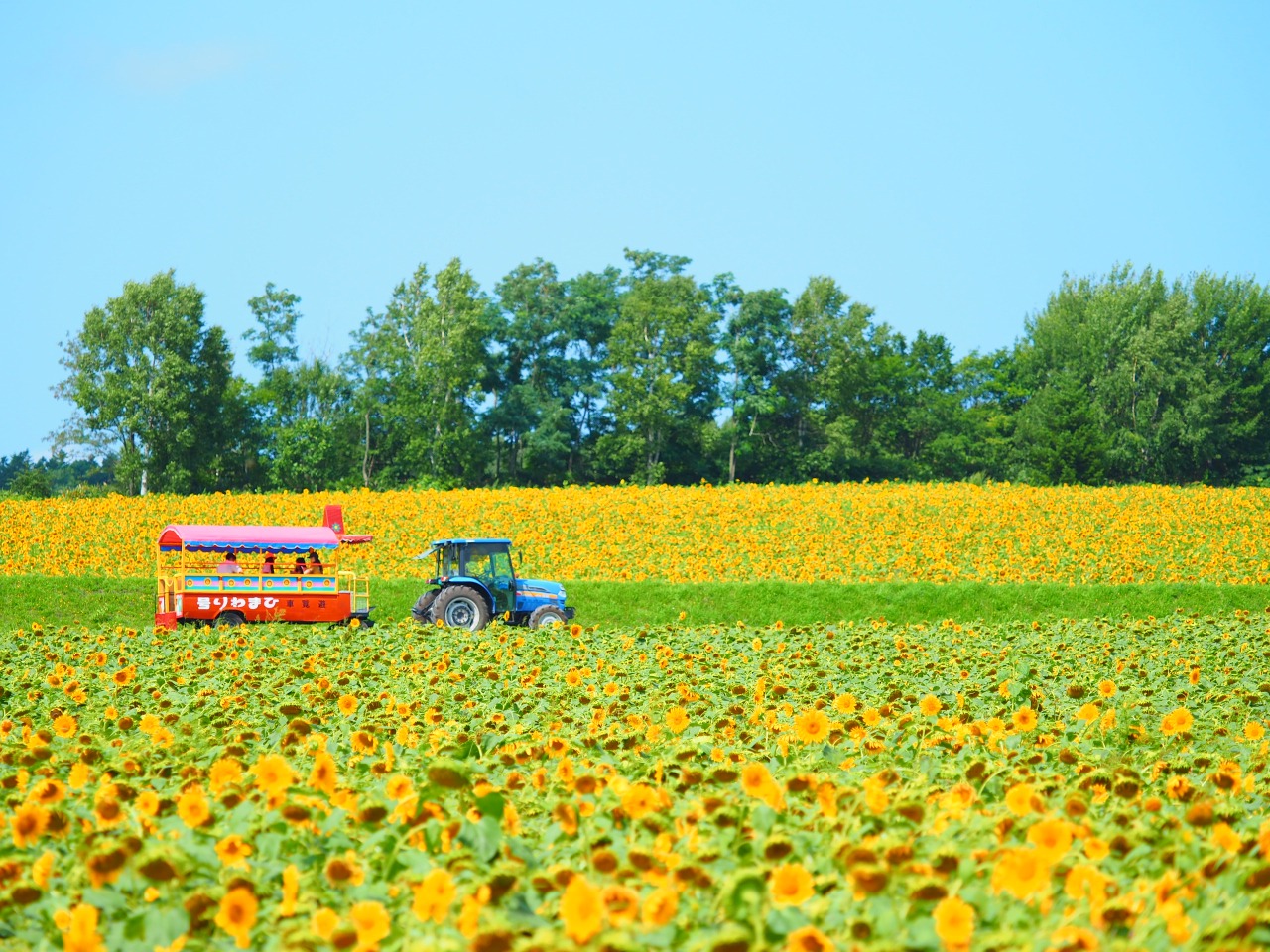

Things to do in Otaru: The sacred place of Nikka whiskey Yoichi Distillery
The utopia that Taketsuru arrived at The sacred place of Nikka whiskey
“I want as many Japanese people as possible to drink real whisky.” Masataka Taketsuru moved to Scotland alone in 1918 with a passionate desire to make whiskey and learned how to make whisky. Yoichi Distillery was the first Nikka whiskey distillery opened by Taketsuru, who sought a utopia for making whisky.
In order to recreate the whiskey-making techniques he had learned about without making any compromises, Taketsuru chose the northern land from among many possible locations, seeking a climate and natural environment similar to Scotland. Yoichi was located at the base of the Shakotan Peninsula, west of Otaru.
View this post on Instagram
Don’t shy away from trouble and don’t forget to take on challenges
The love and passion for whiskey that drove Masataka Taketsuru has been passed down to the present day, more than 80 years after the opening of the Yoichi Distillery. The symbol of this is direct coal-fired distillation. The method was adopted after Taketsuru’s training at Longmorn Distillery in the Highlands, but it requires the skill of a skilled craftsman to keep the coals flowing to maintain the appropriate heat. Therefore, it is currently a rare distillation method in the world.
We will stick to what is necessary to create the ideal whisky, even if it is inefficient. He has high aspirations, hones his skills, and works diligently to make whisky. That is the attitude of Nikka Whiskey that will never change.
View this post on Instagram
Barrel making skills passed down from generation to generation
When Masataka Taketsuru began making whiskey in Yoichi, he invited a barrel craftsman who was skilled in making beer barrels. The craftsman who tried his hand at making whiskey barrels for the first time conducted extensive research and soon created a high-quality whiskey barrel that was recognized by Taketsuru. This is the foundation of Nikka whiskey barrel making technology.
Because most barrels are made by hand and the raw material used is no two alike, craftsmen learn their techniques under the guidance of a master. It is said that Taketsuru said to the barrel makers, “I make good whiskey. You guys make good barrels.” The techniques honed by successive generations of craftsmen are passed on to future generations.
View this post on Instagram
A utopia found in the northern wilderness
Masataka Taketsuru was particular about recreating the whiskey making techniques he learned in Scotland without making any compromises. To do this, they needed a place with a cool, humid climate similar to Scotland, abundant water sources, and clean air.
After searching all over Japan, Taketsuru finally arrived in Yoichi, Hokkaido. At that time, Yoichi was a lonely place with very few private houses, just a wetland covered with weeds and clods, but Taketsuru’s eyes saw that this wilderness, where the sea breeze blows, was the ideal place to make whisky. is.
After recruiting investors, Taketsuru established Dainippon Kaju Co., Ltd., the predecessor of Nikka Whiskey, in Yoichi in 1934. He welcomed his wife, Rita, into a Western-style wooden house on the factory grounds and worked on building the distillery. Two years later, coal was added to the pot still furnace, marking the first step in making whisky.
However, whiskey cannot be sold immediately after being distilled. Until the unprocessed sake matured and was ready to be shipped, Taketsuru squeezed local apples and sold them as juice to supplement working capital. The company name “Dainippon Kaju” and later “Nikka” was derived from this apple juice. Apples supported the company’s business in its early days, producing not only juice but also jelly, wine, brandy, and many other products.
After overcoming various hardships, the first Nikka whiskey was finally released into the world in 1940. It was the fall of my 22nd year studying abroad in Scotland.
The role that Masataka Taketsuru entrusted to the Yoichi Distillery is to produce a malt whiskey with a rich, powerful flavor. He therefore adopted direct coal-fired distillation, the same method used at Longmorn Distillery in Scotland, where he had studied.
The pot still used for distillation is a straight head type with a downward line arm. Distillation proceeds while retaining various components other than alcohol, giving the unprocessed sake a complex and rich flavor. The pot still has a high temperature of over 1000 degrees Celsius at the bottom, and the craftsman inserts coal at the perfect time, creating just the right amount of char, which creates a unique aroma.
View this post on Instagram
Harsh yet rich nature overlooking the Sea of Japan
Yoichi faces the Sea of Japan to the north and is surrounded on three sides by mountains full of rich nature. During the harsh winter, the snow that accumulates on mountains such as Mt. Yoichidake, which is about 1,500m above sea level, becomes melt water and flows into the Yoichi River with the arrival of spring. This rich clear stream, where sweetfish swim and salmon swim upstream, is used as the water for making sake. Barley, the raw material for malt whisky, was also abundant, and peat and coal, which give malt its smoky flavor, could also be mined in Ishikari Plain.
Yoichi’s climate, which is cold throughout the year, is also suitable for aging whisky. The moist, clear air with a slight salty scent protects the barrel from drying out and seals in the rich aroma.
The northern seaside, surrounded by harsh yet rich nature, has ideal conditions for cultivating the powerful unblended sake that Taketsuru aims to produce.
Powerful and heavy Yoichi malt
Yoichi malt, made through direct coal-fired distillation, is powerful and heavy, just as Masataka Taketsuru aimed for. It has a richness that is second to none, and even when aged in new barrels that bring out the strong character of the wood, the taste retains its original richness while retaining the woody aroma and vanilla aroma unique to new barrels. Masu. Even when grain whiskey or multiple malts are combined, Yoichi malt serves as the backbone, making it possible to create a whiskey with a deep, rich flavor.
It is said that “Yoichi malt has the scent of the ocean.” It may be that the barrels absorb the flavor of the sea breeze from Ishikari Bay, and it blends into the original sake during aging. Heavy peated malt whiskey has also been traditionally produced at the Yoichi Distillery.
In 2001, “Single Cask Yoichi 10 Years Old” became the first Japanese whiskey to be ranked first overall in Whiskey Magazine’s “Best of the Best.” Since then, it has won numerous international awards. The unique character of Yoichi malt continues to be loved by many whiskey fans around the world.
Link:Nikka
https://www.nikka.com/distilleries/yoichi/about/
View this post on Instagram
About the distillery tour
Reservations are required for distillery tours.
(*We do not accept reservations for groups of 10 or more people or use of chartered buses including microbuses.)
During the guided tour, your guide will explain how whiskey is made and the history of Nikka, and at the end you will enjoy a free tasting.
guided tour
Free, takes about 70 minutes
Paid seminar
We offer a variety of seminars to enjoy whiskey.
